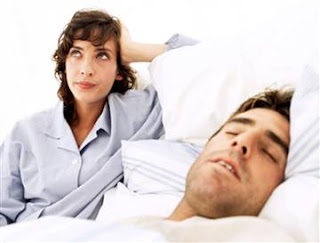 After the price of alcohol has halved in the past 20 years, it comes as no surprise that there has been a subsequent rise in alcohol related additions and illnesses.
After the price of alcohol has halved in the past 20 years, it comes as no surprise that there has been a subsequent rise in alcohol related additions and illnesses.An Alcoholics Anonymous blog states that the alcohol abuse can start at an increasingly early age due to the cheapness of the product. It adds:
“Children and alcohol don’t mix. Why are these children misusing alcohol? The three P’s are Parents, Peers and Products”
This is an interesting point. Although many cannot control themselves, it is the younger of the nation who quite possibly do not know any better and require better education on the matter.
The blog places blame on the “Three P’s.”
“Many parents act with the best of intentions, supervising children's alcohol use to encourage moderation. The problem is the strategy is not working and children who start using alcohol at an early age are more likely to go on to become part of the adolescent party culture in which alcohol use occurs regularly.
High rates of underage drinking mean peer pressure on other young people to use alcohol. At the time that adolescents are drinking alcohol to attract their peers, their brains are more vulnerable to the negative impacts of alcohol.
Products are also an important component in underage alcohol use. The large number of underage drinkers means that there is now an assertive market that caters to this group. A variety of cheap, brightly coloured and sweet alcoholic drinks can be easily accessed by underage drinkers.”
The culture of intoxication which has emerged in Britain in recent years, has this past month been focused on the prices of alcohol in supermarkets and 24-hour licensing allowing for easy-access booze.
Don Shenker, Director of Policy and Services at Aclohol Concern said:
"Alcohol Concern does not disagree with the extension of licensing hours per se, but we do have outstanding reservations about the lack of community safeguards and serious misgivings about the extent to which public health is being ignored as a licensing concern."
The Guardian reported that “By the end of the year Gordon Brown wants to see alcoholic content and daily sensible drinking guidelines listed on most alcoholic drink labels.” But whether anyone will take notice of these is a different matter. Many addicts always find a way to attain what they crave the most. And when tax on cider is only 20p, why should the large chain stores sacrifice their profit? Should the responsibility not bear with the consumers?
The British Medical Association fully supports an increase in alcohol’s price stating that it “recommends introducing higher taxes on alcoholic drinks and an end to irresponsible promotions.”
The NHS has taken a similar approach and recommends that to reduce your unit intake, users should themselves calculate online exactly how much they are consuming.
The How Many Units? Alcohol Calculator is certainly a good idea in theory, but how many youths or pub-goers who have had one two many, would think to approach this as soon as stumbe in the house? Just as an estimation, i would say ...Very few.
The result from the calculator may in many cases not mean a great deal, although the site does include how much is too much, and also gives advice when the result is shown. The Alcoholics Anonymous Blog however has a valid point. Booze products certainly have an impact on our health when abused as the Government is finally taking note of, and for the youths of our nation, peer pressure will always surround the issue. So perhaps it is time that the parents were given a re-evalutation? More and more children are being permitted to drink under the surveillance of their elders. Of course it is the parents' decision how to raise their children, but perhaps, are they setting a bad example and turning us into a "party nation"?







